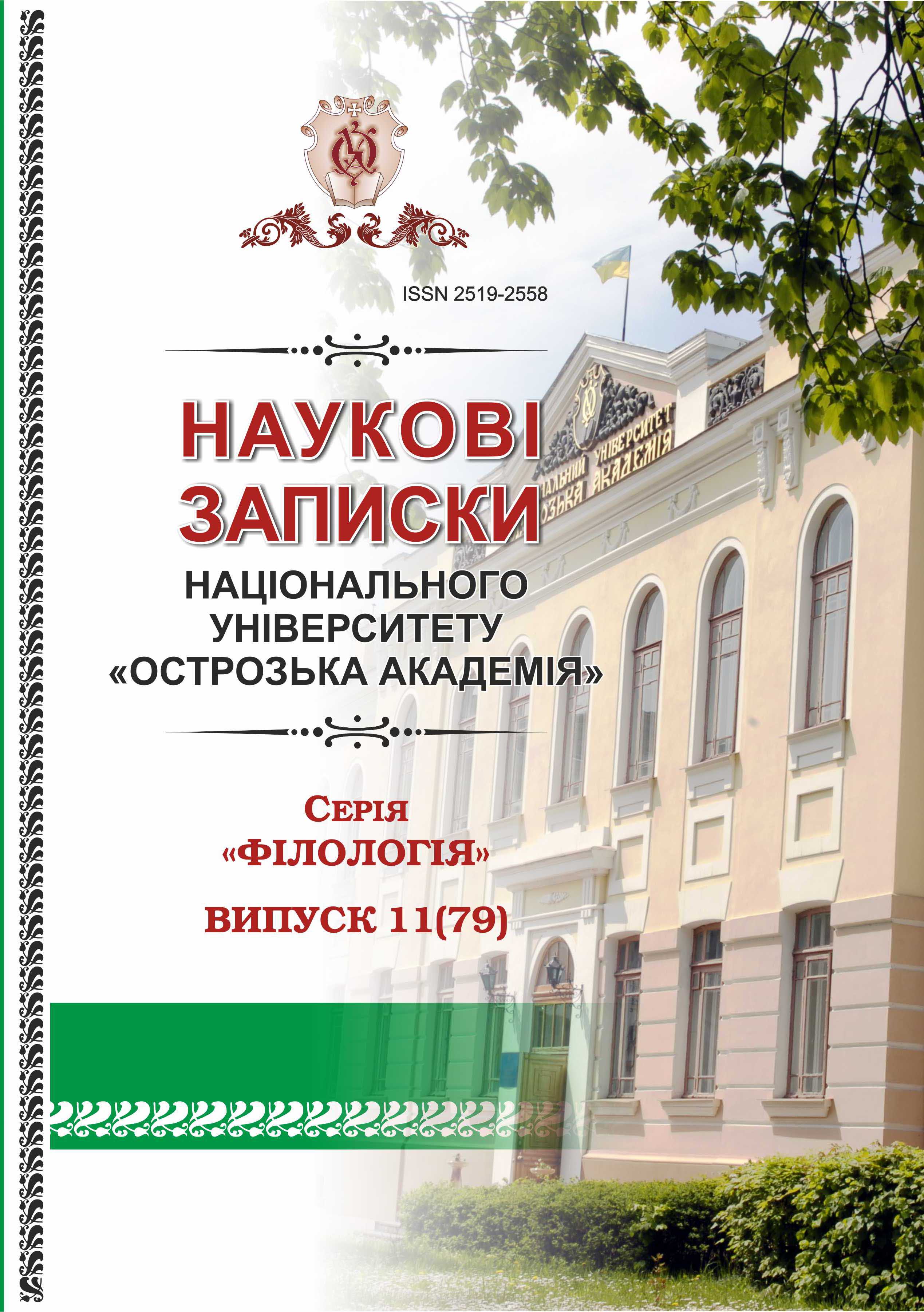TO THE PROBLEMS OF IDENTIFICATION AND SEMANTICS OF SLAVIC ANTHROPONYMIC PHRASEOLOGY
Keywords:
phraseological units with anthroponymic component, structural-semantic and comparative aspects, identification of phraseological units, semantics, etymology.Abstract
The article considers the objective identification and study of Slavic onomastic phraseology using the comparative method, which is based on the statement about the meaning of the onym-components. A trivial task in the study of these problems is the paradoxical situation when it is difficult to determine the presence of such phraseology of proper names. A comparative-historical and etymological analysis of the units shows that at least two approaches to the etymologization of phraseology are distinguished. In the case of obscured internal form of components we use the search method in the meaning of the anthroponym of the historical prototype, and its consideration as a generalized designation of man allows us to identify the brightest national and cultural color and reveal the asymmetric segment of phraseological systems. The specificity of the studied language units is that their semantics informs about the peculiar composition of thinking of a particular ethnic group, its culture, customs, traditions, worldview, history and mythology. The commonality of the analyzed phraseologizations is observed at the level of phrase formation mechanisms. Motivational spheres verbalized with the anthroponym component also partially coincide. The semantics of phraseological units with anthroponyms-components is related to extralinguistic factors that affect the understanding of the symbolism of the onym, its meaning, linguistic and cultural information by representatives of different societies. This aspect of the study of phraseology stimulates the relevance of consideration of these units in the interlingual plan. The main functions of anthroponyms in the presented phraseological models are symbolic, associative and cognitive. The study makes it possible to determine the semantics of phraseological units with anonymous components, which depends on the influence of associative phenomena, ethnolinguistic and cultural symbols, symbols and related certain socio-cultural factors on the formation of phraseological meaning.

